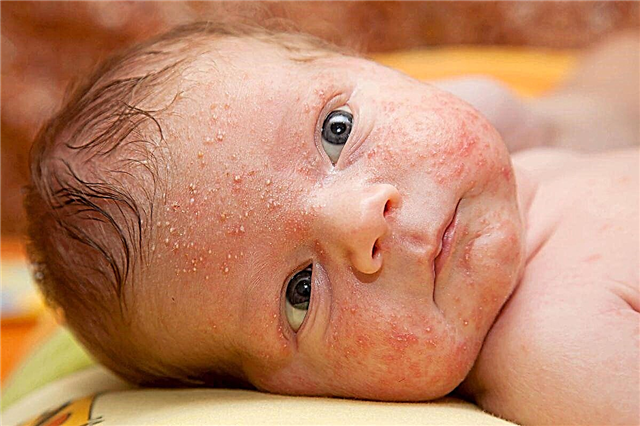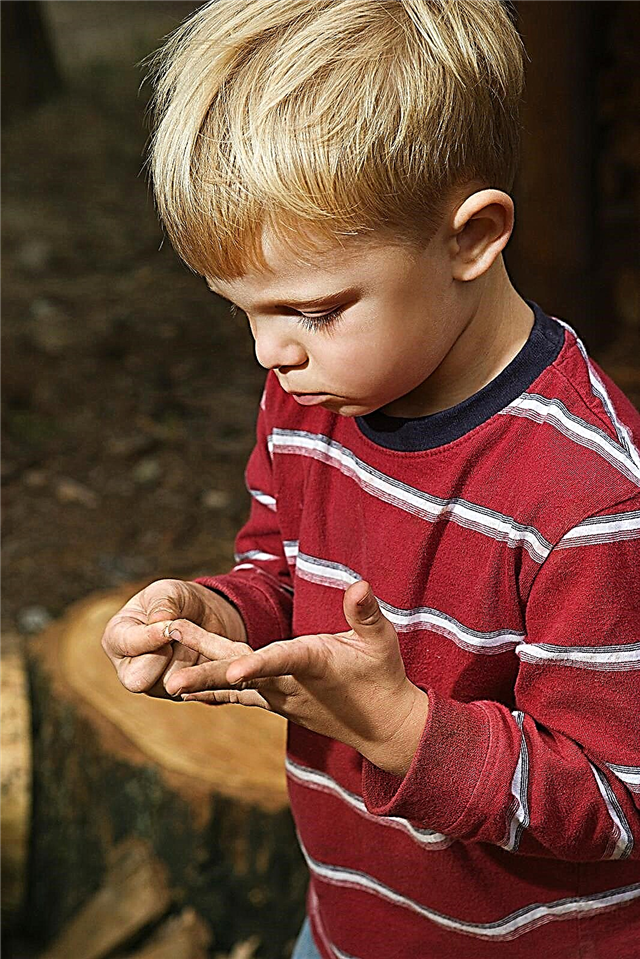There are children who are open, sociable, talkative, and there are those who shun, avoid contact with other children. If your baby belongs to the second category and, having come to the playground, stands on the sidelines, or even hides and does not want to participate in general fun, then it is worthwhile to understand this issue and help the child to socialize.

The child's desire for loneliness often causes disturbing thoughts in parents, they begin to torment themselves with questions: "What are we doing wrong?", "What is the psychological problem?"
Psychologists unanimously argue that for the age group 2-3 years, the state of alienation from peers can be commonplace. During this period, the baby's closest friends are the parents and closest relatives. At home he has everything he needs for personal development and the needs for communication and games are met. Therefore, lack of communication with peers is quite justified.
The very first experience of communicating with people provides the basis for further relationships in society. It is important for a child not only to be able to speak, but also to express their emotions: to shout, laugh, get angry, see the reaction of others. The behavior of children is difficult to predict, and this enables the child to look for solutions, approaches in communication. It is in relationships with peers that the kid learns to look for a way out of conflicts, to defend himself, to be reconciled.
By the age of 4-5 years, children begin to take an active interest in others, get involved in common games, communicate and get to know each other. If by this age your child remains a loner, it is worth identifying the reasons for this behavior.
Character.
The child can be withdrawn and shy by nature. Such kids hide behind their mother, greet shyly, do not even like to talk in public. It is difficult to deceive nature, but openness and courage can be instilled gradually.
Lack of communication and emotion.
The child could simply not be taught to communicate. If it is not customary in a family to share opinions and experiences, and parents are introverts in themselves, then it is difficult to expect other behavior from a child. Therefore, it is so important to find time for conversations and active games with your baby.
Show leadership.
The kid may simply not want to obey the general rules of the game, be on the sidelines among peers, and adapt to the majority. Nevertheless, even in the younger groups of kindergarten, there are already several leaders who set the rules of behavior and games.
Experience.
The baby may have negative experiences with peers. He could be offended, hit. Perhaps he was in the company of children of very different ages, so he either did not understand their games and conversations, or he was bored in communicating with younger children.
Limitations.
The child could be deliberately limited in communication with children. “He will only bring illness from the kindergarten, let him stay at home”, “What kind of children are in the house, and so the head is cracking”, “After the children so much cleaning” - such arguments are found by parents and, without knowing it, raise a savage. The kid, meanwhile, delves into himself or spends time watching TV and other gadgets, and this does not contribute to socialization.
Once you've figured out the reason for your child's alienation, take action.

[sc name = ”rsa”]
Your child is shy - correct this character trait: praise more often for the results and help, encourage individual manifestations. Do not get tired of repeating how wonderful, smart, capable and loved he is. Support works wonders.
Let your house be open to guests, invite your child's friends, organize celebrations, holidays and themed parties yourself. Talk more and be interested in your baby's affairs, because even the smallest little things can be very important to him. Not a single problem of a child can become nonsense for you, what is important to him should be important to you.
Try to enroll the child in a circle, section, group lessons. Teach the kid to communicate, play the rules of acquaintance, politeness. Participate in collective games yourself, be their organizer.
If the child does not go to the garden yet, often visit the places where children walk and play, in the cold season, go to entertainment centers. Pay attention to the development of your child, whether a children's company is suitable for him, because even among peers, children who are more developed than others can stand out. Such kids are simply not interested in others.
It is important for parents to learn that communication only with them is not enough for a little person. In order to ensure the child's normal psychological development, it is important to help him build relationships with peers. While the child is still small, it is much easier to do this, because he has not yet fully formed the idea of correct communication.
If a child is alienated from others from childhood, then, as an adult, he may experience problems in the family, at work, fall into depression, and earn psychological complexes for himself.
Kids are especially sensitive to everything new, they are clean and open, they are able to absorb information very actively, so it is not difficult to influence an early child.
Help your kids, solve problems together, because you are the closest people!
- If the child is not friends with anyone: the fight against childhood loneliness
- Bad advice: how to raise a child insecure
- How to develop healthy self-esteem in a child?



